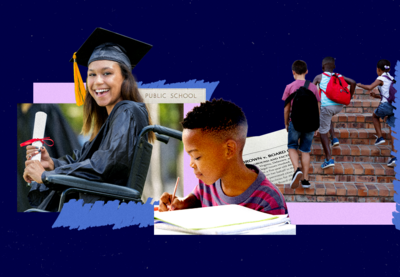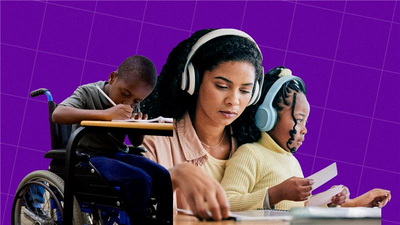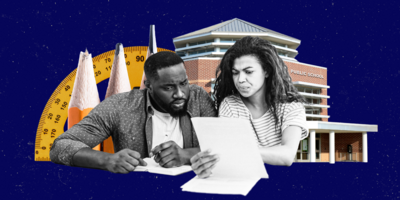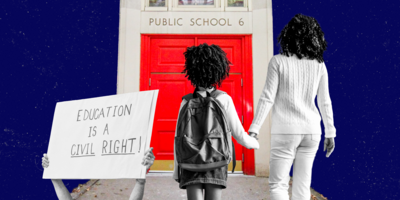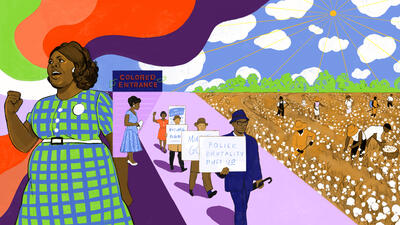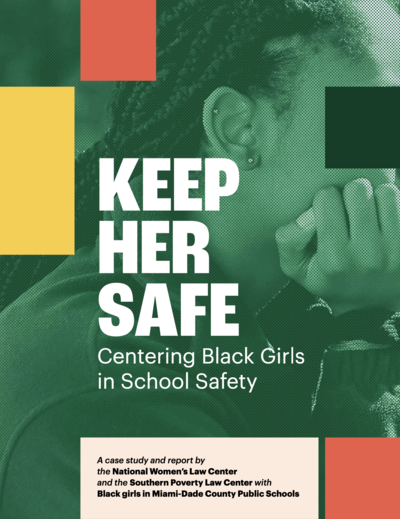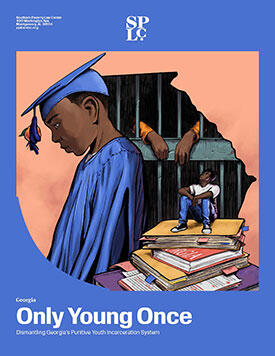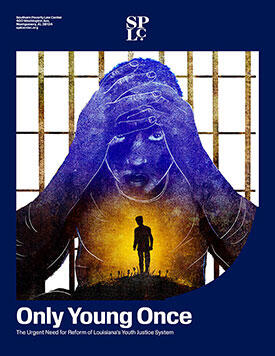Every child in the United States has a right to an equitable (fair and just) public education. Public schools play a crucial role in our democracy, providing the literacy, critical thinking skills and common-good values essential for participation in the democratic process. Education is not only an individual endeavor for career or economic gain but also a collective effort for community and national progress. Understanding current critical issues in education justice — including the possibilities and threats to public schools — can help us envision affirmative models that benefit all and counter efforts to undermine public education in favor of privatization and undemocratic practices for the financial gain of a few. Join us in demanding education justice and inclusive public schools that foster excellence and equity.
“Education is our most important national investment. … Every citizen has a vital, personal stake in this investment. Our ability to advance both economically and technologically, our country's entire intellectual and cultural life depend on the success of our great educational enterprise.”
— President Jimmy Carter
Creating School Culture That Nurtures Young People
What Is Social Justice Education?
Inclusive Classroom Facilitation Model
Applying Universal Design for Learning (UDL) Supports Inclusive Education
Understanding and Responding to Trauma
Supporting Students From Immigrant Families
Why Public Schools Matter
Understanding How Schools are Labeled
School Vouchers and the Efforts to Undermine Public Education
The Role and Responsibilities of the Department of Education
Advocating for Public Education
What Is the School-to-Prison Pipeline, and How Do We Dismantle It?
Handle With Care
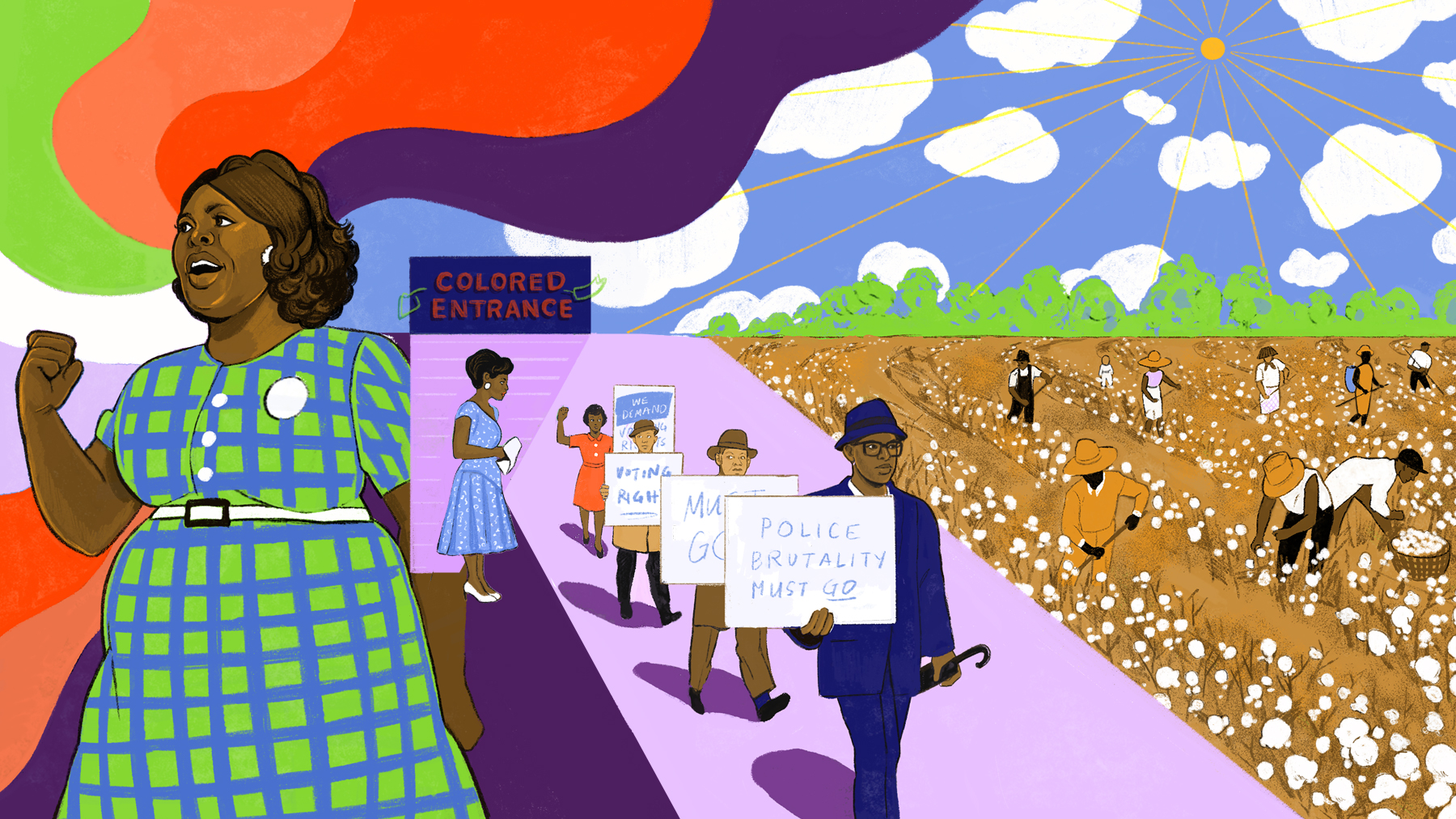
Teaching Hard History Podcast Series
From Learning for Justice and host Hasan Kwame Jeffries, Ph.D., the Teaching Hard History podcast series brings us the crucial history we should have learned through the voices of leading scholars and educators. Join us as we relaunch this podcast series. Each week, we will highlight an episode from the series and include a resource page with key points from the conversation, resources and connections for building learning experiences.
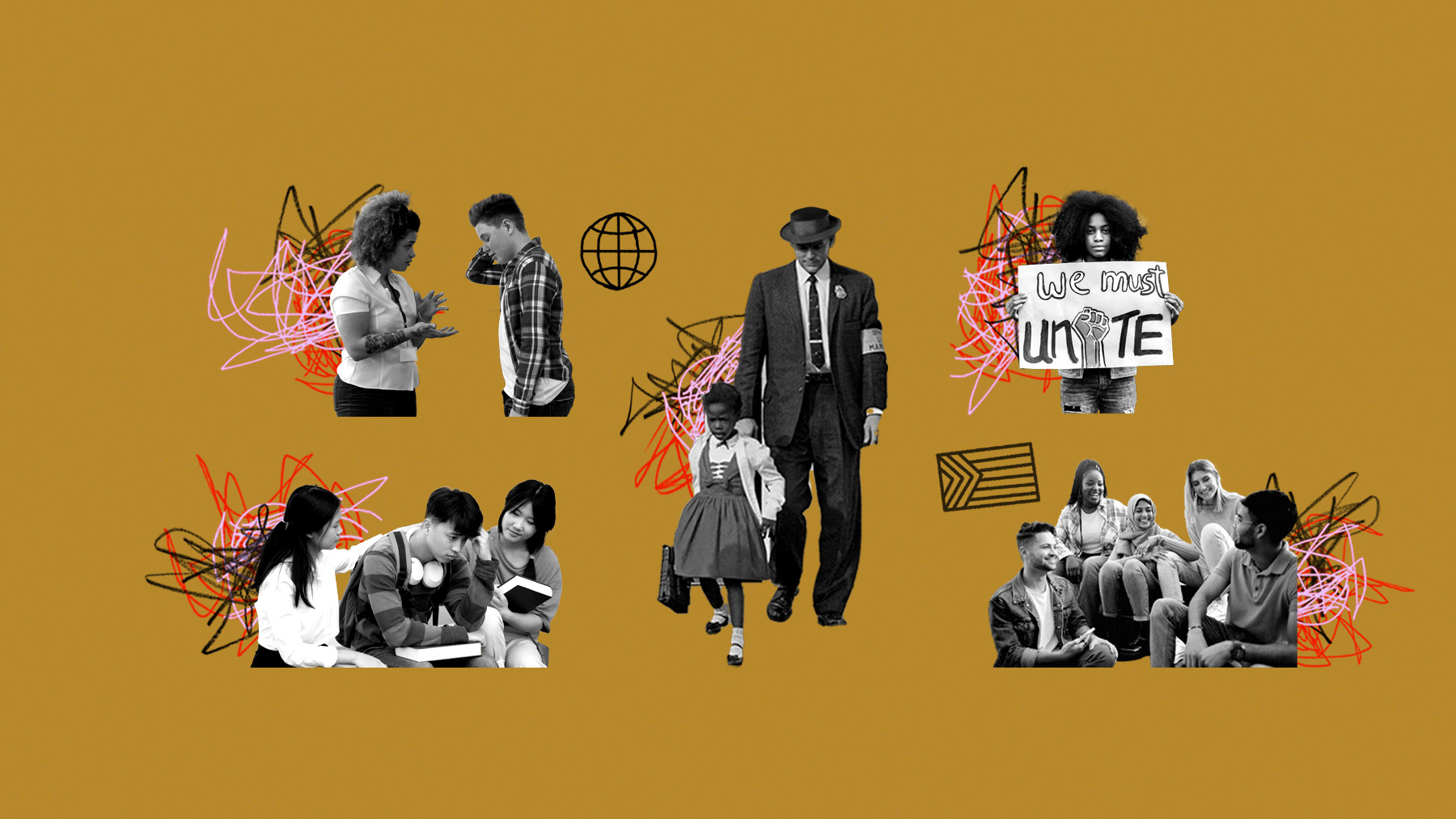
Related Series
Resisting Hate in Education
The media in today’s political environment is filled with divisive messages, especially from public figures who perpetuate hate along with disinformation. We all have a responsibility to resist hate in our society and to foster safer learning spaces for young people — especially those being targeted by hate and discrimination. Cultivating dialogue, engaging with facts and protecting students’ right to learn are essential components in strategies for prevention, intervention and response to hate and bias.
Growing Together: For Children and Families
A series for educators, parents and caregivers, with learning journeys, stories and book recommendations for children and families to cultivate the values of justice, equity, diversity and inclusion (JEDI).
